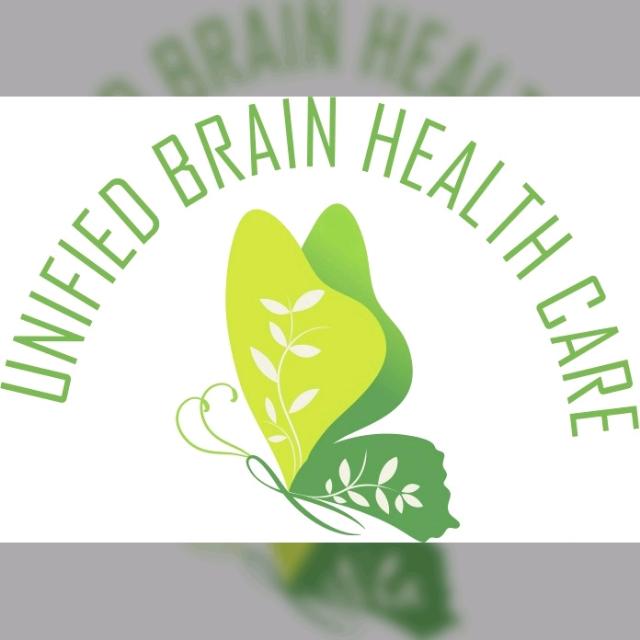COVID Fatigue Positive- Are you a victim of the Hidden Pandemic?- Final Part
- Unified Brain Health Care

- Oct 31, 2020
- 4 min read
Updated: Mar 30, 2021
Dr. Porrselvi A.P., Cognitive Neuropsychologist, Unified Brain Health Care

5. Healthcare Workers:
In this final article of our COVID Fatigue Positive series, let us look at the Compassion Fatigue that Health Workers are dealing with.
We have heard horrifying stories of how badly health workers and their families have been treated through this crisis period. Little acknowledgement has come their way for all that they have given up. Parents staying away from children, spouses living apart, not able to go home or confining themselves to one corner of the house etc. are some of the scenarios that have become normal for health workers during this quarantine period. They understand the implications of what we know and do not know about the disease. There is a prolonged hypervigilance and they do not want to be the source of infection at home. It is scary as the mind just goes to the worst possible scenarios. And then there are the science antagonists who call COVID a myth and those who do not adhere to social distancing/safety precautions. This irks health workers more than anybody else, but they are helpless as they cannot change the society. But still, they are revolutionists when they decide each day that this is the society worth saving and sacrificing their all for.
Compassion Fatigue:
This is a form of a burnout, which is associated with work that demands a lot from a person- physically and emotionally and not enough resources to do that work well. Also, due to the novel nature of the coronavirus and it is human life that is at stake, there might be a sense of helplessness.
Health Workers may experience an empathy overload caused by the secondary traumatic stress that is brought upon by the indirect trauma of the pandemic while helping others. Such an empathy overload can cause the same symptoms as PTSD like anxiety, intrusive thoughts, hypervigilance, irritability, sleep disturbances, numbness, or feelings of helplessness.
The most common signs and symptoms of compassion fatigue include:
Increased irritability
Other emotional disturbances (Hypersensitivity or Insensitivity to emotional situations)
Feeling helpless and overwhelmed
Chronic exhaustion (emotional, physical, or both)
Dissociation (or feeling disconnected from yourself)
Reduced feelings of sympathy or empathy
Dreading your work
Depersonalization
Trouble sleeping and nightmares
Weight changes
Appetite changes
Impaired decision-making
Problems in personal relationships
Poor work-life balance
Diminished sense of job satisfaction
Own past negative experiences might re-emerge especially if there have been adverse childhood experiences.
Substance use
Physical symptoms such as nausea, headaches, chest tightness or dizziness may also surface.
Here is a free resource for professionals using which can be used to self-test for compassion fatigue and check Quality of Life:
What can you do?
1. Make self-care part of a routine:
We have all heard the “Put your own oxygen mask on before helping others.” The self-care routine should make each day predictable in some aspects and keep you in control of your physical and emotional well-being. Get adequate sleep, eat a balanced nutritious diet, keep fit and include physical activity every day, relax, have leisure activities, and socialize.
2. Practice Self-Compassion:
Acknowledge your emotional needs. Accept that you too can suffer, and you do not have to be strong always. Hard times can come and just because you are a healthcare professional, does not mean you have to deal with it correctly always. You can lose your way too. Speak about it. Get help. In some sense, you are affected harder than your patients because, your sense of identity can be affected. Do not give up. Name it. Acknowledge it.
3. Take a break:
Conferences, CMEs and Social academic activities helped you do that but now with these events happening over the internet, you need to take some other form of break. Focus on your old hobbies or develop new ones.
4. Set boundaries and make sure you honour them. Decide when you want to be reachable over phone calls, how much news you consume, how active you are on social media, distinguish between weekdays and weekends. Learn to switch on your off-work mode when you are not at work.
5. Hold on to your support system and spend time with them. If you do not live with them, maintain regular contact.
6. Help your peers if you notice signs of fatigue in them.
7. Seek Professional Help if you require it. Getting help early will prevent the symptoms from getting worse.
Contact Us if you are concerned about yourself , your loved one or someone you know.
Read More about the Emotional consequences of COVID-19:
Part 1: COVID-19 survivors:
Part 2: The Everyday Lockdown Survivors- You and Me:
Part 3: Working Professionals, Businesses and Organisations:
Part 4: Children and Teens:
Part 5: Healthcare Workers:
Unified Brain Health Care is one of a kind Neuro Rehabilitation Centre in Chennai for adults and children offering in person and online therapy in Cognitive Rehabilitation, Clinical Psychology, Speech Therapy, Physiotherapy, Occupational Therapy, Clinical Nutrition, Career Counselling, Fitness Coaching and Educational Intervention. We also offer support for PCOS management, Pregnancy Care, Post-Pregnancy care for New Moms, Infant and Early Childhood Stimulation, Caregivers and promoting Holistic Brain Health.









Comments